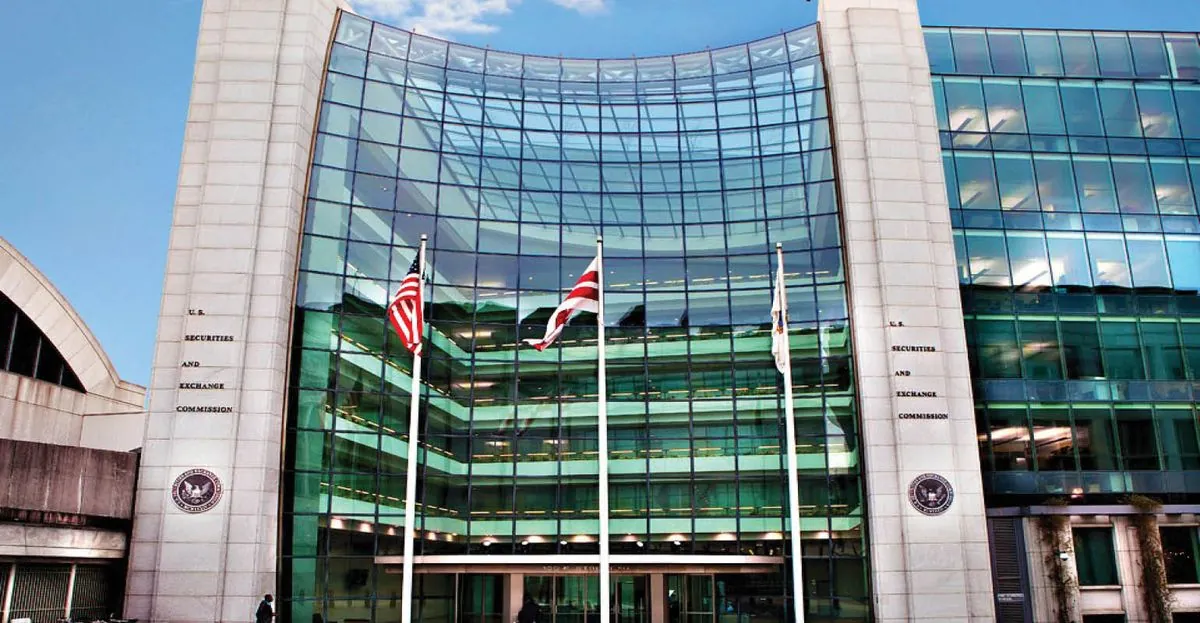SEC Fines Merrill Lynch and Harvest Volatility $9.3M for Limit Breaches
Merrill Lynch and Harvest Volatility Management agree to pay $9.3 million to settle SEC charges for exceeding client investment limits. Violations led to higher fees and increased market exposure for clients.

The U.S. Securities and Exchange Commission has reached a settlement with Merrill Lynch, Pierce, Fenner & Smith Inc. and Harvest Volatility Management LLC over allegations of exceeding client investment limits. The two firms have agreed to pay a combined $9.3 million to resolve the charges, which stem from a two-year period beginning in March 2016.
According to the SEC, the violations resulted in clients facing higher fees, increased market exposure, and investment losses. The case highlights the importance of adhering to client instructions and the potential consequences of complex trading strategies.
"The investment advisers sold a complex options trading strategy to clients but did not abide by basic client instructions."
The settlement involves Harvest Volatility Management paying a $2 million penalty and $3.5 million in disgorgement and interest. Merrill Lynch, a subsidiary of Bank of America, agreed to pay a $1 million penalty and $2.8 million in disgorgement and interest. Neither firm admitted nor denied the SEC's findings.

The case revolves around a complex options trading strategy involving a volatility index. Harvest Volatility Management, serving as the primary investment adviser and portfolio manager, allowed some client accounts to exceed pre-set exposure levels. Merrill Lynch, which introduced clients to Harvest in exchange for a portion of management and incentive fees, was aware of these limit breaches.
This incident underscores the critical role of the SEC, established in 1934 following the 1929 stock market crash, in regulating financial markets and protecting investors. The Commission's ability to impose civil monetary penalties and require disgorgement of ill-gotten gains is crucial in maintaining market integrity.
The options trading market, which began in the United States in 1973 with the opening of the Chicago Board Options Exchange, has grown increasingly complex. The first volatility index (VIX) was introduced in 1993, adding another layer of sophistication to trading strategies.
Bank of America, one of the "Big Four" banks in the U.S., acquired Merrill Lynch during the 2008 financial crisis. This merger combined Bank of America's retail banking strength with Merrill Lynch's wealth management expertise, creating a financial powerhouse with roots dating back to 1904 when Bank of America was founded as Bank of Italy in San Francisco.
The SEC's Enforcement Division, established in 1972, plays a crucial role in investigating potential violations and bringing civil actions. This case demonstrates the ongoing need for vigilance in the financial sector, especially given the increased regulatory powers granted to the SEC by the Dodd-Frank Wall Street Reform and Consumer Protection Act of 2010.
As the financial landscape continues to evolve, with increasingly complex products and strategies, the concept of fiduciary duty remains central to investment adviser regulations. This settlement serves as a reminder of the importance of adhering to client instructions and maintaining transparency in financial dealings.


































